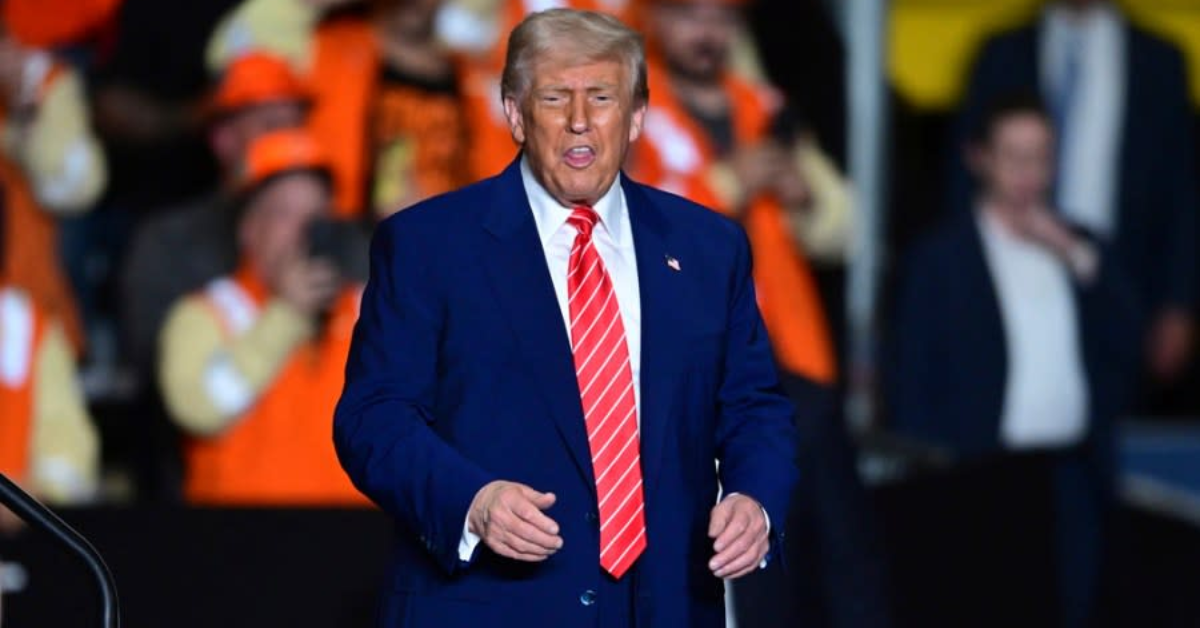As the impact of tariffs continues to affect the US economy, legal experts are warning companies to carefully reconsider their bonus plans. The recent surge in tariffs on goods imported into the United States has forced many firms to adjust their strategies, cutting costs wherever possible.
One area that could trigger backlash, according to US lawyers, is the distribution of employee bonuses. With the heightened economic uncertainty, businesses that maintain or even increase bonuses without explaining the rationale could face significant public criticism, and potentially even legal consequences.
The relationship between employee bonuses and tariff increases is not always immediately apparent. However, the growing pressure on companies to maintain their profit margins, despite increased costs for goods and services, has led many businesses to reallocate resources, sometimes to the detriment of their workers.
While firms may feel the need to cut back on bonuses to stay financially stable, the backlash could be severe if employees perceive these cuts as unfair, particularly while companies continue to issue high profits. Lawyers are suggesting that companies rethink their strategies to avoid this type of public relations nightmare.
Legal experts point out that while tariffs increase operational costs, they do not necessarily excuse businesses from rewarding employees for their hard work and contributions. Many businesses have yet to recover from the disruptions caused by the pandemic, and workers are already facing mounting challenges due to inflation and economic uncertainty. As a result, cutting bonuses could create feelings of resentment among employees, leading to a decrease in morale and, in some cases, higher turnover rates.
The legal community also warns that bonuses should not be viewed solely as an optional extra or a mere “perk” for employees. In some cases, they are part of contractual agreements, especially for senior executives or those in specific industries where performance-linked bonuses are a standard part of compensation. Failure to meet these contractual obligations, especially in the face of economic hardship, could expose businesses to potential lawsuits or claims of bad faith.
Moreover, the backlash does not stop at the workplace. Customers, investors, and the general public are increasingly attuned to companies’ treatment of their employees, and this transparency can have a direct impact on a company’s reputation and bottom line.
Negative public sentiment surrounding bonus cuts can harm a brand’s image and potentially lead to customer boycotts or a decline in stock prices. Legal experts have highlighted that with the rise of social media, it is now easier than ever for employees to voice their grievances to a broader audience, and this can quickly escalate into a public relations disaster.
In light of these warnings, companies are being urged to adopt a more thoughtful approach when it comes to employee bonuses. Transparency and communication are key. Firms should explain why bonus cuts or freezes are necessary and outline their long-term strategies for employee compensation. In some cases, companies might choose to redirect resources into non-monetary benefits such as flexible working arrangements, extra time off, or improved health benefits, which could help mitigate the negative impact on employees.
Furthermore, companies should be mindful of the broader social and political climate. In the wake of the pandemic, public expectations for businesses have shifted. More than ever, workers are demanding better treatment, not just in terms of pay but also in respect, job security, and overall well-being. Lawmakers and consumer groups are also closely watching businesses that are seen to be prioritizing profits over people. While this may not be the primary focus of legal advice, firms that overlook this shift risk alienating the very people who are essential to their continued success.
To avoid the potential legal and reputational fallout from bonus decisions, many lawyers recommend that businesses implement comprehensive policies that balance the need for financial prudence with the well-being of employees. This includes clear communication regarding the factors influencing bonus decisions, as well as a fair and equitable approach to resource allocation during tough economic times.
It is also essential for businesses to consider the long-term implications of their decisions. Cutting bonuses in the short term may provide immediate cost savings, but the long-term costs of demotivated employees, a tarnished reputation, and potential legal issues can outweigh the benefits. Therefore, a careful and balanced approach is recommended to ensure that firms maintain their workforce’s trust and commitment, even in challenging economic conditions.
While businesses may face difficult decisions due to the rising tariffs, the advice from legal experts is clear: take time to review bonus structures and communicate transparently with employees to avoid unnecessary backlash. Firms that are proactive in addressing these concerns will not only reduce the risk of legal action but also improve their chances of maintaining employee loyalty and preserving their reputation in the marketplace.








